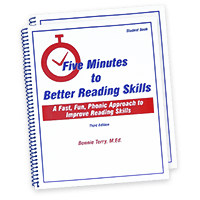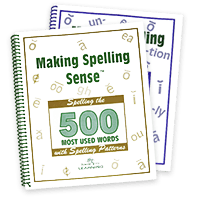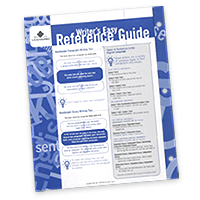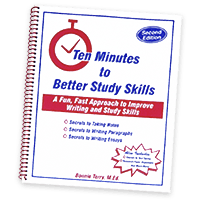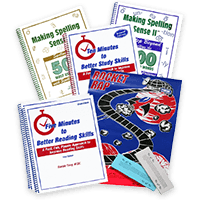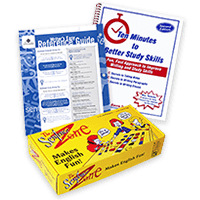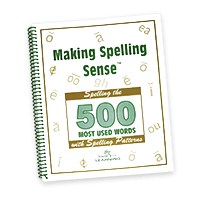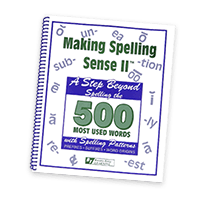How do I Motivate My Child?
June 14th, 2010Hi, Bonnie.
We spoke on the phone when I ordered your materials, which I’ve since received. Thanks very much!
You mentioned at the time that you are open to questions as I began using the materials–and, of course, I now have those questions!
-My son will be entering 3rd grade. His 2nd grade teacher noted his reading fluency as low proficient at end of year (technically passing, according to the DRA2-28 which they started using this year). At some point in the last few months of school, some one of his reading teachers at school appears to have told him that he read at 120 words per minute, and he adamantly clings to this.
However, I clearly see where he is still skipping or guessing at words inaccurately (and I don’t know if they measured that). So, when I put the 5 minutes to reading book in front of him, he was insulted–very put off. I tried explaining to him that we were not measuring speed so much as accuracy, and that we could chart his accuracy as it improved. I explained that even adults use this program. I offered to let him start with one of the later exercise if we would then go back to the first and didn’t get much more cooperation than I had originally gotten (though he did a fairly good job of reading exercise 45). Do you have any thoughts on how to break the resistance without forcing him to do it?
-My son’s other complaint about the exercises is that they feel to him like tongue twisters because all the words sound the same, and he really doesn’t like that. Do you have any suggestions for changing that perception?
I am very interested to see if I can get him to use this program, and interested to see if we will see results–but I am meeting with HUGE resistance up front. I really don’t want to force him to do it because I think that will diminish the results.
Thanks for any suggestions!
Joan
Hi Joan,
I’m glad you see that he isn’t actually reading 120 words per minute with accuracy. I never understand how they are measuring the kids when they say things like that because you can see from what you’ve done already, that is NOT the REALITY! When you time him, you can show him what he actually did. That should start to get him to see the reality – his words per minute and mistakes per minute. Explain how you are scoring him. If you need to press the point, you can even have him total his words up after you time him, so he knows how many there are. I’ve had to do that with a few students over the years. I don’t do it to be ‘mean,’ but sometimes they need a reality check so you can move forward.
We start with easy words – because we are working on accuracy as well as speed. Big words are just little words (syllables) put together. If you can’t read the small words accurately, you won’t be able to read larger ones efficiently and accurately either – which will mean you will end up re-reading your social studies book or science book 3-4 times in order to be able to answer the questions.
I know this, this happened not only with many students, but with my own son. In fact, he flung his 3 pound social studies book at me saying, “Mom, I’ve read it 3 times and still can’t find the answers. You do it.” This was because of his skipping, repeating, or mispronouncing words. Once we consistently did the 5 Minutes to Better Reading he was able to read his book one time and get the answers – because he read with accuracy in a quick amount of time. Doing the program – 5 minutes a day, will end up saving hours and hours of homework time. We are looking at the big picture here – making his life easier for the rest of his schooling – which at a minimum is the next 10 years (through high school).
But, you really need to start at the beginning – even though it may seem easy at first. Even my adult students start at the beginning! You are competing against yourself, no one else! And, yes, some of the drills are like ‘tongue twisters’. That is on purpose – to be sure you learn to read exactly what is there. Your son may think it is ‘too easy’, but his ‘fussing’ about it is actually telling you how much he needs it – that it is actually taxing and stretching his visual processing system. Hang in there! And remind him, it is only 5 minutes a day. It is not like you are expecting him to work for 2 hours or even one hour. You are only asking 5 minutes. And, when you are consistent, you will see results in just a few days.
The more you do it, the easier it gets and the more they see themselves improving the easier it gets.
Bonnie Terry, M. Ed., BCET










